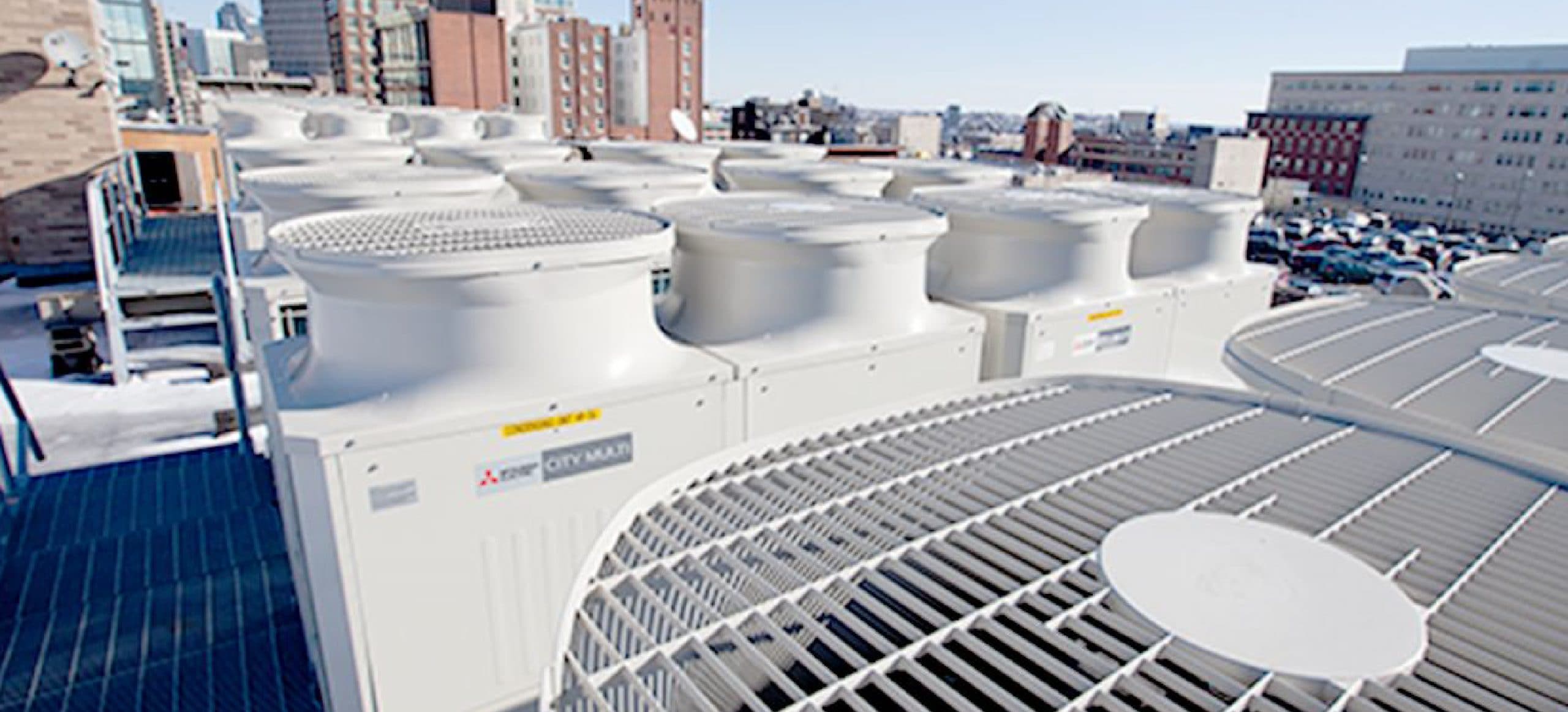Heating, ventilation, and Air conditioning system (HVAC) is used to create an optimized environment for all kinds of buildings. You may have encountered a huge AC box-type structure on the top of commercial or institutional buildings, they are nothing but HVAC systems.
The Commercial HVAC system is briefly a temperature maintenance system, for good temperature control. HVAC uses laws that you have studied in physics, from thermodynamics to fluid mechanics everything can be seen practically used in an HVAC system.
Not only commercial but residential buildings have also accepted the effective HVAC Control system for their well-being. Mainly this system consists of all air, water air, or all water classifications in it, which helps in maintaining the oxygen level and optimum temperature for your buildings.
The HVAC system is used to create a comfortable environment indoors, we like to live in ideal temperature of our home, office or commercial premises. HVAC Systems does good ventilation and heat transfer to give suitable temperature, also helps to oxidizes the environment. Nowadays you can also see the HVAC systems installed in the vehicles and in huge trains and other public transports.
The vital function of the HVAC lies in its letter ‘V’, ventilation is not just the transfer of inner and outside air, but it plays an important role in keeping oxygen level maintained and improving the quality of air. This system not only for those people living in a polluted environment but even if you are living in the natural environment this system well takes care that we get maximum good quality of air and suitable temperature.
A wide range of varieties of HVAC control systems are available in the market, all you need to know is about the environment and purpose of the system. Irrespective of commercial or residential purpose key factors to consider for HVAC systems are as follows:



There are two vital functions of the HVAC system, Air purification, and Optimised temperature. To get the better output there are a total of 9 parts that contribute to every aspect to achieve the desired output.
These 9 parts can be summed up by 3 domains, Heating, ventilation, and Air conditioning. Heating is related to boilers and has a well-connected system of pipes to deal with pressurized air. Ventilation is used for air purification and Air conditioners are used to remove the warm air and pull in the natural air and ultimately you will get well circulated, purified air with suitable thermal control.


